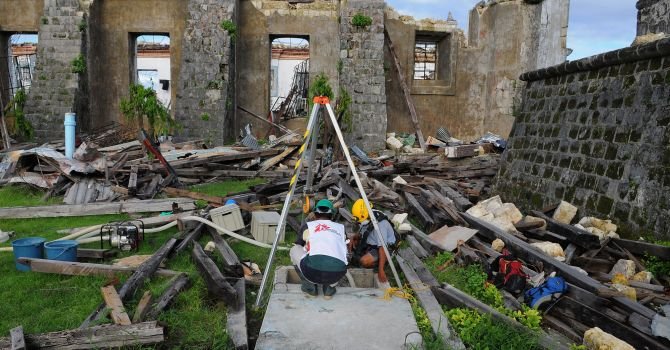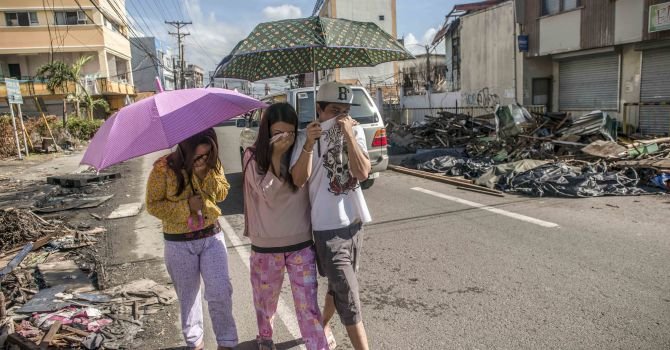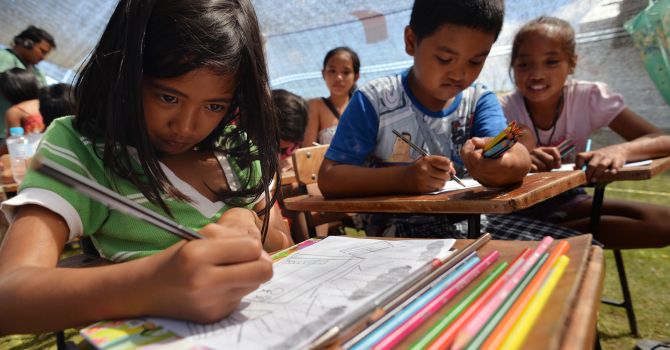
Super typhoon Haiyan ripped through the central Philippines last November, leaving over 6,000 people dead and millions displaced. As in the aftermath of other large scale natural disasters, when people see images of dead bodies in media reports they often worry that unburied corpses can cause disease outbreaks. But is it true?
“There is a widespread myth that dead bodies cause the spread of infectious diseases, but actually it is not true,” says Dr Natasha REYES, Manager of the Emergency Response Support Unit in MSF-Hong Kong's office, who arrived at the Philippines for the emergency intervention the day after the typhoon hit.
Myth and science
“Dead or decayed human bodies do not generally create a serious health hazard; unless they are polluting sources of drinking water with faecal matter, or they are infected with plague or typhus, in which case they may be infested with the fleas or lice that spread these diseases.”
The World Health Organization guideline* agrees that dead bodies after disasters, as they usually have died from trauma, generally do not carry a high risk of disease outbreaks. It is the lack of access to adequate clean water, overcrowding, poor hygiene and sanitation facilities, low vaccination coverage among the population, poor coverage and quality of health services, or the local disease ecology, such as endemicity of malaria, dengue or other infectious diseases that pose the real risk of infectious diseases after natural disasters.

Biggest yet invisible impact
On the other hand, the major impact of dead bodies on survivors is through the psychological trauma, something which should not be neglected, Dr Reyes emphasizes. “People have lost their loved ones and witnessed death on a large scale. The presence of dead bodies makes it more difficult for the survivors to recover.”
There were several groups led by the Philippine government dealing with the dead bodies during the Haiyan emergency response, while MSF focused on providing mental health support, including psychological first aid and preventive measures to the survivors. Over 27,000 people were assisted with mental health support from MSF in the first three months after the typhoon hit.





